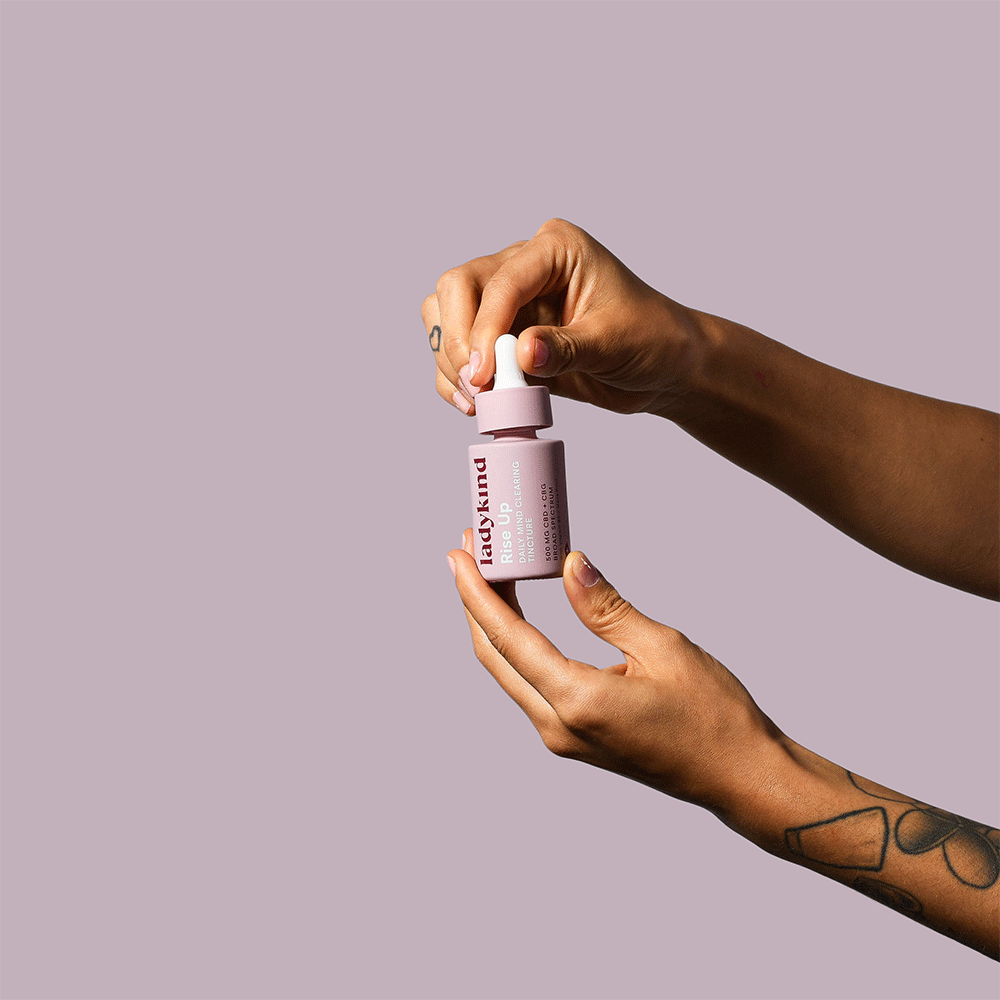What do you know about your endocannabinoid system (ECS)?
Your ECS is what regulates your body's natural functionality as it relates to mood, appetite, sleep, and even your immune system. The ECS is named after the cannabis plant, as researchers discovered the system while studying the effects of cannabinoids, such as THC and CBD, on the body.
It's composed of three key parts:
- Endocannabinoids: molecules that are naturally produced by the body, which activate cannabinoid receptors.
- Receptors: responsible for relaying messages from your endocannabinoids to your body's cells, which triggers specific physiological responses.
- Enzymes: responsible for breaking down the endocannabinoids once they have served their purpose.

In addition to the aforementioned, your ECS also helps your body maintain homeostasis in relation to pain and inflammation. A healthy endocannabinoid system creates a stable internal environment that's able to better process external changes. When functioning properly, it supports all things necessary for a healthy lifestyle and well-being.
There are many outside factors that can affect the function of the ECS. These are things we all experience; stress, poor eating habits/relationship to food, and not getting enough sleep are just a few. Furthermore, endocannabinoid deficiency has also been proposed as a possible cause of various health conditions, including migraines and fibromyalgia.
How CBD helps with insomnia
One of the biggest influences CBD has had on modern-day society is its ability to improve both quality and patterns of sleep.
CBD interacts with your ECS receptors to foster a steady, natural rhythm of the sleep-wake cycle. Another byproduct of this interaction is the promotion of relaxation and reduced anxiety, which is why celebrities like Jennifer Aniston refer to it as a must-have for "unwinding" at the end of the day to mentally commute into rest mode.
In addition to its calming effects, it also contains pain-relieving and anti-inflammatory properties which alleviate any physical pain or discomfort that interfere with sleep.
How CBD helps with anxiety
CBD has shown the ability to have anxiolytic (anti-anxiety) effects because of how well-received it is by the ECS. It binds to and activates your serotonin receptors, which transmits a calming effect on your mood, therefore pacifying anxiety.
It also affects anxiety by leveling out gamma-Aminobutyric acid (GABA), which is a neurotransmitter that regulates brain activity. In addition to its effects on neurotransmitters, CBD also helps to reduce anxiety by decreasing inflammation and oxidative stress in the body. This makes CBD an ideal solution not only for anxiety but for those who struggle with more serious mental health issues as well, such as depression, bipolar disorder, and mood swings.
How CBD helps with chronic pain
Because of its analgesic (pain-relieving) effects, CBD has the power to run interference with your pain receptors, known as TRPV1 receptors. These receptors are what control not pain itself, but your perception of pain, as well as regulating inflammation and body temperature.
Moreover, as we now know, CBD can also impact how you experience chronic pain by helping to reduce anxiety and promoting better sleep patterns and quality- two essentials for recovery. Since chronic pain can incite or worsen anxiety and poor sleep habits, the sedative effect of CBD presents itself as the perfect, all-in-one solution for all three.
Try it for yourself
CBD is available in all types of forms for easy accessibility to the relief you're craving from any/all of these symptoms. Learn more about the power of CBD on our blog and get yours today on Ladykind.com!






